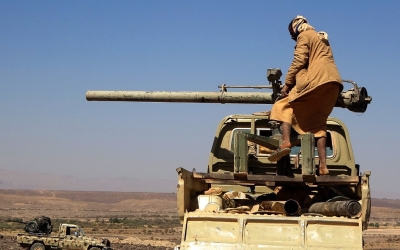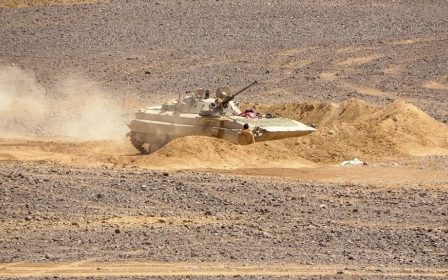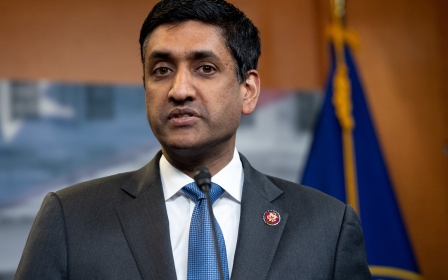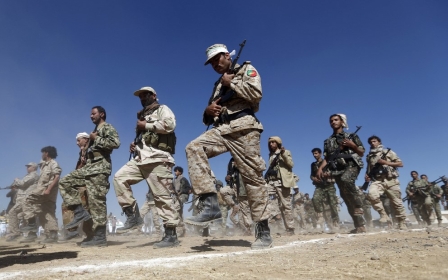Houthis claim fresh drone strikes on Saudi airports
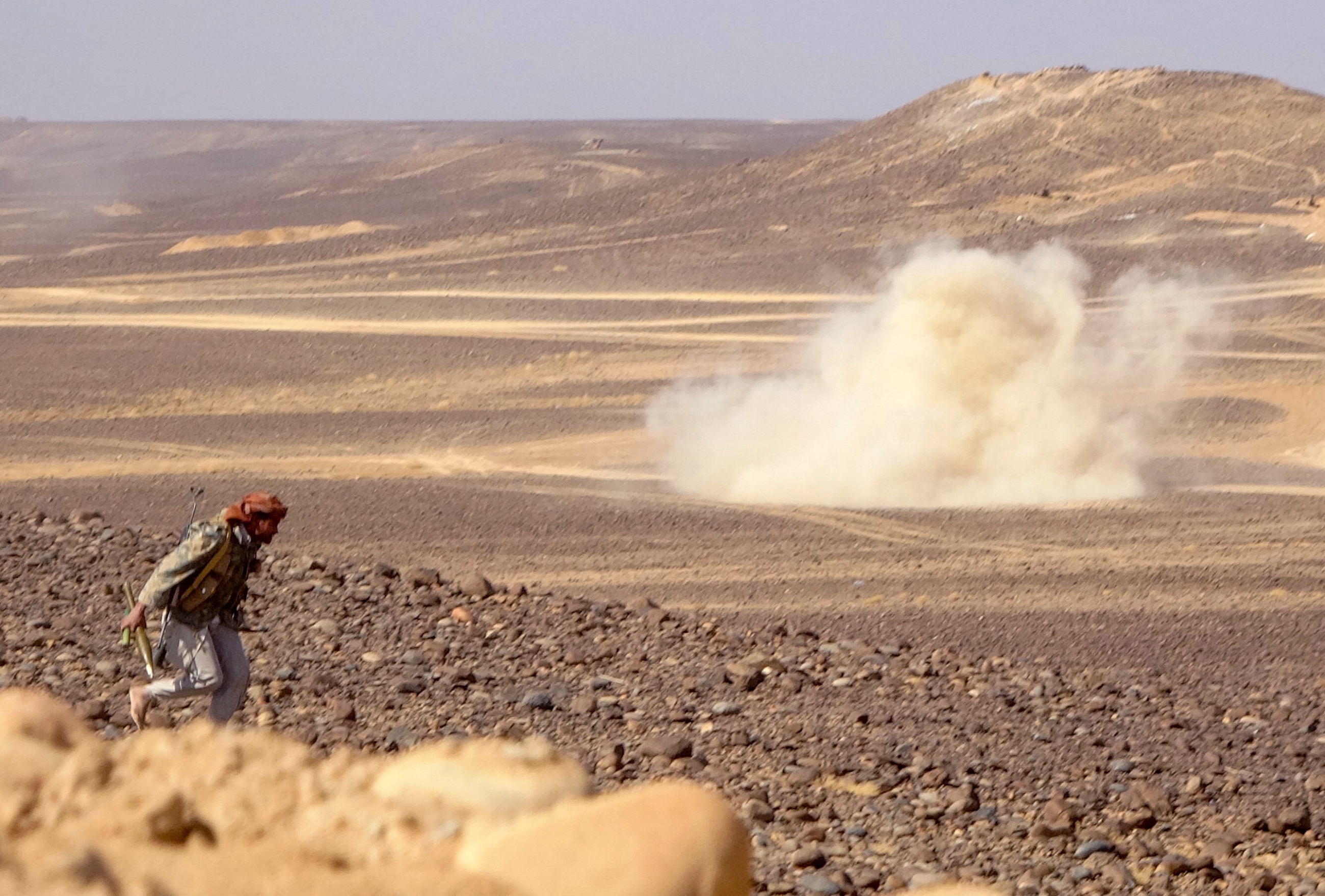
Houthi drones struck two Saudi airports on Monday, according to claims made on Twitter by the Iran-aligned group.
Houthi military spokesman Yahya Sarea tweeted that the attacks on Monday morning had stopped operations at airports in Jeddah and Abha for two hours.
Riyadh has so far not commented on the Houthi claims.
In the early hours of Monday morning, a spokesperson for the Saudi-led coalition said it had intercepted and destroyed a “bomb-laden” drone fired towards the kingdom, according to a statement published by the Saudi Press Agency.
An apparent Houthi drone attack on Abha airport on Wednesday left an aircraft in flames. Saudi officials said they had intercepted two drones during the incident.
New MEE newsletter: Jerusalem Dispatch
Sign up to get the latest insights and analysis on Israel-Palestine, alongside Turkey Unpacked and other MEE newsletters
Meanwhile, the Houthis' offensive in central Yemen's Marib province gathers pace.
Military officials from the internationally recognised Yemeni government told AFP that they had staved off the latest Houthi attacks on the city of Marib, the government forces’ last bastion in the north of the country.
The Houthis have long wanted to push into the region, home to some of the country’s richest oil and gas reserves.
The violence comes a day after the UN special envoy for Yemen, Martin Griffiths, concluded a visit to Iran, part of ongoing diplomatic efforts to de-escalate the conflict.
Representatives from the Houthis and Yemeni government are currently in Amman negotiating prisoner swaps, according to Griffiths, but continued efforts to secure a country-wide ceasefire have so far faltered, with violence worsening in recent days.
Earlier this month, US President Joe Biden announced that he would end support for the Saudi-led coalition, and reversed a controversial decision by the Trump administration to label the Houthis a terrorist group.
Fighting broke out in Yemen in late 2014 when Houthi forces seized Sanaa, the country’s capital, and Saudi Arabia and the United Arab Emirates responded by uniting a western-backed coalition to try to restore the government of President Abd Rabbuh Mansour Hadi.
Yemen, which even before the war was one of the region’s poorest countries, is widely recognised as the world’s worst humanitarian crisis.
At least 230,000 people have died since the war broke out, according to the UN, while more than 3.5 million civilians have been displaced.
UN Secretary-General Antonio Guterres said last November that Yemen was “now in imminent danger of the worst famine the world has seen for decades”, warning that “millions of lives may be lost”.
Middle East Eye delivers independent and unrivalled coverage and analysis of the Middle East, North Africa and beyond. To learn more about republishing this content and the associated fees, please fill out this form. More about MEE can be found here.


